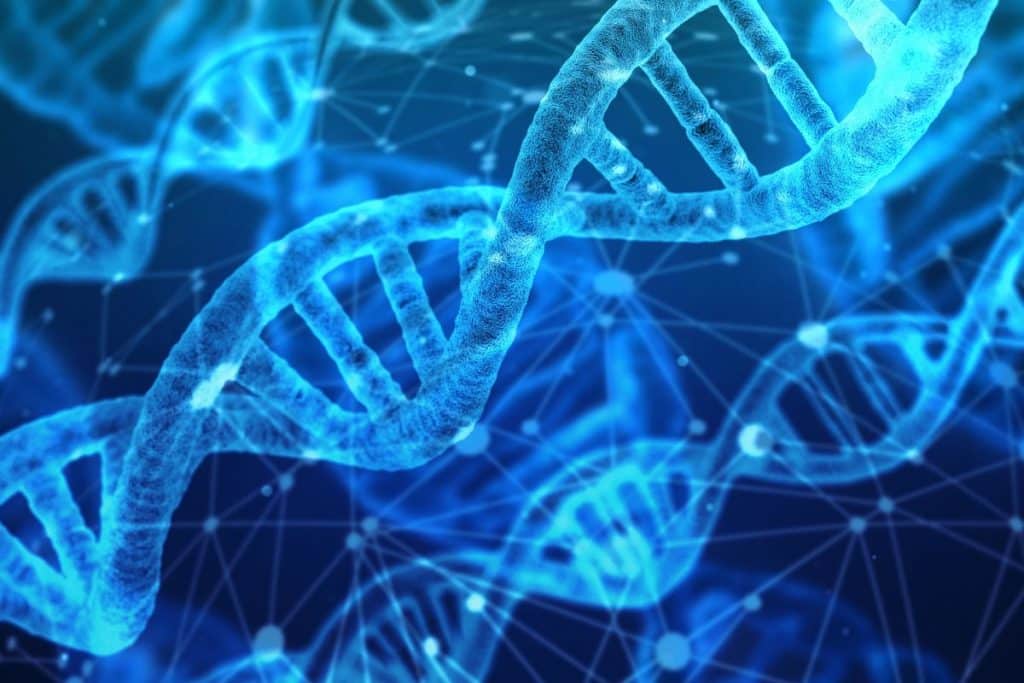Addiction is a complex and multifaceted disease that can affect anyone, regardless of age, gender, or background. While there are many factors that can contribute to the development of addiction, including environmental, psychological, and social factors, there is also evidence to suggest that genetics may play some role.
In this blog, we will explore whether addiction can be inherited and whether addiction is genetic.
Can You Inherit Addiction from Your Parents or a Relative?
While addiction cannot be inherited in the same way that a genetic disorder can, there is evidence to suggest that there may be a genetic component to the development of addiction. This means that certain genes may make some individuals more susceptible to addiction than others. However, it is important to note that genetics alone are not enough to cause addiction, and that environmental and social factors also play a significant role.
Studies have shown that addiction tends to run in families, with individuals who have a family history of addiction being more likely to develop addiction themselves. This may be due to a combination of genetic and environmental factors, such as growing up in a household where substance use was normalized or experiencing childhood trauma.
Is Addiction Genetic or Is Addiction in Your DNA?

While addiction is not caused by a single gene, there is evidence to suggest that certain genes may increase an individual’s susceptibility to addiction. These genes are typically involved in regulating the brain’s reward system, which is responsible for feelings of pleasure and motivation.
One of the genes that has been linked to addiction is the dopamine D2 receptor gene, which is involved in regulating the brain’s dopamine system. Dopamine is a neurotransmitter that is involved in feelings of pleasure and reward, and is often referred to as the “feel-good” chemical. Individuals who have a variant of this gene that is associated with lower levels of dopamine receptors may be more likely to develop addiction.
Another gene that has been linked to addiction is the mu opioid receptor gene, which is involved in regulating the brain’s opioid system. Opioids are a class of drugs that include prescription painkillers, such as oxycodone and hydrocodone, as well as illicit drugs, such as heroin. Individuals who have a variant of this gene that is associated with lower levels of opioid receptors may be more likely to develop addiction to opioids.
It is important to note that having these genetic variants does not mean that an individual will definitely develop addiction, and that environmental and social factors also play a significant role in addiction development. Additionally, there are likely many other genes that contribute to the development of addiction that have not yet been identified.
How Do Genetic Links to Addiction Affect Treatment for Substance Use Disorders?
While genetics may play a role in the development of addiction, it is important to remember that addiction is a complex disease that is influenced by many factors. Treatment for addiction should be comprehensive and address both the physical and psychological aspects of the disease.
Behavioral therapies, such as cognitive behavioral therapy (CBT) and dialectical behavior therapy (DBT), can be effective in treating addiction by helping individuals learn coping skills and strategies for managing cravings and triggers. Medications, such as methadone and buprenorphine, can also be effective in treating opioid addiction by reducing withdrawal symptoms and cravings.
In conclusion, while addiction is not caused by a single gene, there is evidence to suggest that genetics may play a role in its development. Individuals who have a family history of addiction may be more susceptible to addiction, and certain genetic variants may increase an individual’s likelihood of developing addiction. However, genetics alone are not enough to cause addiction, and environmental and social factors also play a significant role. Treatment for addiction should be comprehensive and address all aspects of the disease.
Recovery Is Possible at The Bluffs – Ohio
At The Bluffs, we help men and women from all walks of life who are struggling with addiction caused by co-occurring mental health conditions. We offer a full range of treatment programs and services, including:
- Inpatient and outpatient treatment programs using CBT, DBT, and holistic therapies
- Co-occurring disorder treatment with a focus on addiction
- Medication-assisted treatment
- Veteran support program
- LGBTQIA+ support program
- Alumni program
If you or a loved one is struggling with addiction, call our supportive staff today at 330.919.9228 to discover the benefits of our addiction treatment facility, or fill out our online form and let us get back to you.








